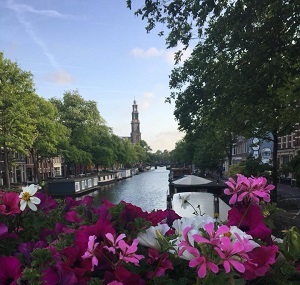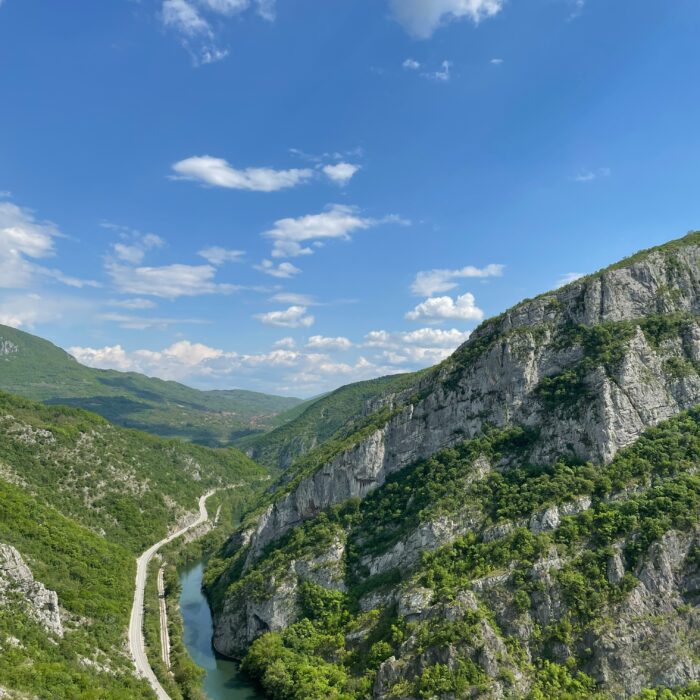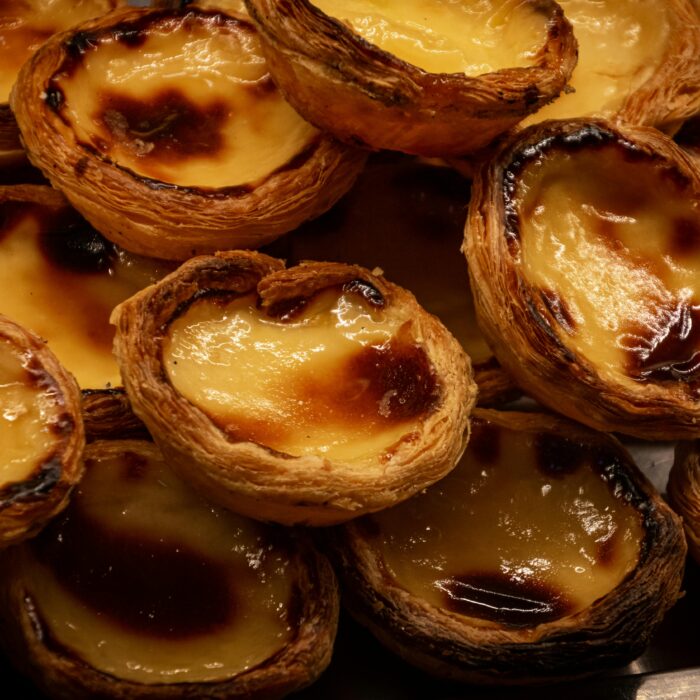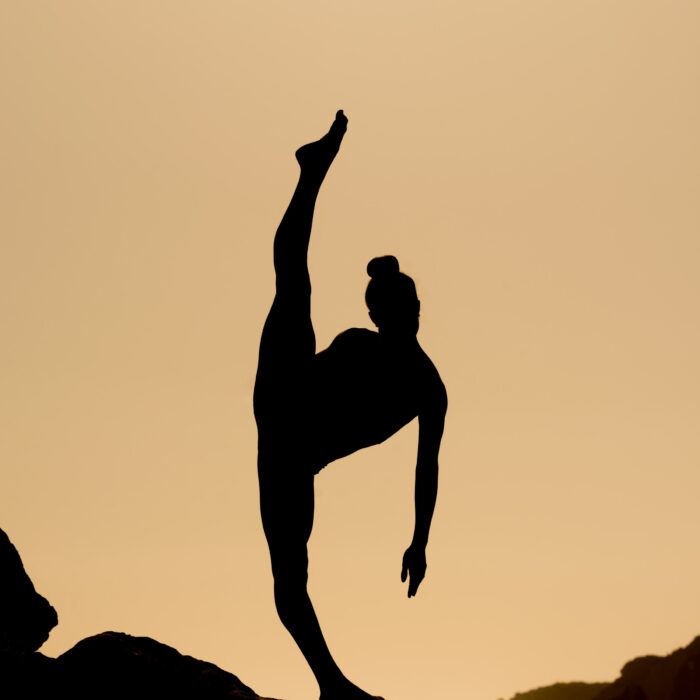You have no items in your cart. Want to get some nice things?
Go shopping
I grow dizzy in spring when the crocuses begin to emerge, when the Eastern red bud flares purple and when the leaves turn my daily meanderings through the woods into an aquarium of green light. Allergies wreak havoc on my sense of balance, of holding fast to this mad capping orb of blue. How tenuous my balance, my life, my tightrope walk of words.
And yet, through the wobbling and light headache I exalt in the first warmth of spring, when desire starts to creep back into the greyed winter world. When strangers shed layers and shoulders and legs gather whatever light is available, bodies bent like flowers towards light after overwintering. Another season of coins of light on the water, of skipping rocks, of braiding together the strands of life into a coherent narrative that I can deliver to my mother when she calls.
Emerson said, “Desire is possibility seeking expression.”
In the garden of the house where I used to live with my wife and children, a bee’s anthers dip into a honeysuckle blossom then it swerves to ground clover, mad with desire too, that bee gorging himself on the sticky sweetness. Dizzy with it! Dizzy with spring and desire. And now I am jealous of the bee in the garden, humming from flower to flower, dripping in sweetness as I have been on the warmest of afternoons, body coated in a light sheen of sweat.
But what to do with wild desire, which careens from bloom to bloom? From season to season of this life? What to do with desire for foreign cities where flowers press through earth in fields, where windmills reflect in water, where lights runnel the canals. What to do with the mad desire for the way a ridge of hip bone rises from flesh when a lover lies on their side.
Kabir says, “It is the intensity of the longing that does all the work.” And how I have longed, I want to cry out. How I have longed and longed.
Having passed over the abyss of my thirties—loss of religion, marriage, identity—I thought desire would ebb as waves after a storm. But here it remains in this grocery store parking lot, eager to spring.
My eye alights on the purple tulips, on the sharp yellow forsythia, the boring green hedges suddenly turning bubble gum pink and royal purple, ostentatious in their glory in front of a suddenly shy brick house, apologetic for having shown up dressed in so little.
But like the bees searching endless fields of flowers across the world, eager for nectar, my eyes especially hunger for the magnolia. That kaiju of a shrub, flowers the size of a small watermelon, abundant and brief in its radiant glory as Christ to His followers.
I point the large magnolia out to my children as we pass it on the car ride back from our daily walks. These walks by the river tumbling over granite as we thread muddy path though oaks and beech scored by lover’s carving has become our familial reminder of seasonality, of the constancy of change. The trees turning green after the bareness of winter. They comfort me.
A great thunderstorm overtakes the city, and all the petals from the magnolia are gone, carpeting the lawn in white. Passing quickly, that beauty, as we all must. But how I wish the white flowers had stayed sunlit longer. Oh, to stay in the sweetness. To dip nose in the sun warmed fruit, all five flavors bursting on a tongue. Look at this, I want to cry out, not just to the magnolia, but to all of life, to hummingbirds and canals, to flowers and grandmother pushing walkers, to great reefs of clouds, to train rides through distant cities, to the way the wind pushes through a deciduous forest, and the leaf shadows that dance on the ground. My God, spring. My God, such desire.
Which reminds me as so many things do, of a woman. Forgive me dear reader for the essayists digression for what is digression but pleasure, a life lived yet again, what passes for immortality but this remembrance?
I remember the pale legs of this woman lit by the sunshine of an afternoon’s light in Amsterdam where I’d traveled to briefly escape the mess I’d made of life.
Amsterdam, that city of Calvino’s dreams—flower baskets and bikes framing dark blue canals. The workers shuffling quickly through the streets, mother’s shepherding children on small bikes. And then the night, the shops for drugs. A city of contradictions and tourists, people passing through the city as minnows in the river.
I was waiting, as one does when visiting that city, on my ticket to enter the Anne Frank House. Party boats with revelers drifted past on the canal, music blaring, beers being pulled from coolers, alight in the brief human glory of a warm afternoon summer, while I was perched on the canal, feet dangling, waiting to inhabit all that makes even the brevity intolerable.
The woman was reading a journal or a book, and I write sometimes, so I noticed her reading, eager as we all are to find some connection when we are lost. I looked over my shoulder, once, twice, three times, trying to see what she was writing as the trees shed springtime blossoms and little white petals floated as tiny skiffs on the canal.
Maybe she was reading. Was she reading or writing? Memory is hazy, indistinct. I can never be certain of the facts, even those afternoon in foreign cities, which feel as though they have etched themselves indelibly as marks on a beech tree. I kept waiting for her to look up from her writing or reading, waiting for her to gaze into the middle distance like I do when I’m writing, as though the answer to creativity was in the space between things. But really, hoping she’d intuit my presence somehow, you know, vibe a bit. There I was, feeling as humans often feel, as though I was carrying a universe inside me, expanding, and expanding. Surely, she’d notice that. She never looked up.
Inside the small house, I walked across the long wooden planks in a stunned silence. The guide gave a brief description to the group of who had lived there, the particulars of the Van Pels, when the Frank family had arrived. We moved through the dark rooms listening to the audio, peering at newspaper reports, thinking of the cruelty that binds us, the misery of human ingenuity.
There were a group of teenagers on the tour, full of the zest for life and disrespect for authority that teens have, and they kept whispering too loud, laughing at some errant joke until they were shushed by the guide. Three times she shushed them. What to make of this incongruity? These teens. That teen. This house in the middle of a tourist city seventy-four years later?
As a young reader, I’d read excerpts from her journal, my eyes slowly tracking words across the page. What business had I reading her diaries so young? I understood nothing. The ugliness was obscured. Her death was an abstraction. Here in the house, made concrete.
As I walked through the rooms tears gathered in my eyes, staying misty as I was embarrassed as I always have been of public crying, public perception, the weight of other’s eyes. I tried to hide the tears by looking stern, serious. What I felt was the horrid sadness of it. The misery and dirtiness of the world.
We emerged from the house into the golden yellow light of an early evening. The wind was no longer shaking the crowns of trees, no blossom boats. The woman I’d seen and admired on the bench had stood close to me during the tour, the two of us, I’d imagined, sharing in the same sadness, our universes joined.
She was walking away from me then, down the canal, and I wondered if I should speed up and catch her, ask after the journal, her experience there, her name. I am not the sort to chase after a woman for no reason. I left it to fate. When I glanced at my phone, I saw that my place lay in the opposite direction. The die had been cast. Another day. Another life.
I walked down the street trying to shepherd my sorrows, harness my thoughts, which ran wild, the corporate horror of that history, the minor sadness of an afternoon alone. As I walked, I tracked myself on the phone and realized I’d been going the wrong direction, away from my hotel. I am legendarily bad with directions. I stopped and smacked my forehead, in case anyone was watching me, so they would know that I’d merely discovered I had been walking the wrong way and was not the sort of person who started chasing after a stranger in an unknown city.
I walked briskly in hopes of catching her, hoping that we’d be walking the same streets. This now felt imperative. If before, the imperative was to acknowledge human misery and sadness, the imperative now was to find her. What strange creatures of desire we are? So much desire in such a small space of life.
I walked down the canal roads, past the stream of bicycles, past flower pots I’d have usually admired, through air smelling redolent of gasoline from the boats. Then she appeared on the opposite side of the street, like a phantasm from a Rilke poem.
But still, when I’d caught up to her, I stayed on the opposite side of the street. Not trying to seem like I was walking after her because I wasn’t. I was merely following the directions on my phone, which lead in the same direction, and I have always been scrupulous about this sort of thing, never one to take the full plunge. No. This time the results had been in my favor, so I followed them. But I would have gladly walked the other way had the phone shown me something else as I have often done in life, personal and professional, always shy about taking the road unless I’m entirely certain it is open to me.
Finally, through an act of tremendous will, I crossed the street. Why? I can’t really say. But I did. She had seen me in the museum too, had wondered if she should say hello. She was in a hurry to meet friends, but she started telling me about herself immediately. She was traveling alone. The light was starting to fade, only catching the tops of buildings now. We talked of our travels, other cities we’d been in, and within a few blocks, our failed marriages.
Do you want to sit, she said, gesturing to the lip beneath a fountain. And then we talked of separation, of marrying very young, of my children, and the way things hadn’t worked with her spouse, how quickly you can grow apart when you don’t know yourself and a lover becomes a stranger. It was an odd intimacy, the sort I’ve always sought out through conversation. Knowing other people’s deepest selves has always fascinated me more than anything else in the world, what compels them, drives them, haunts them. I can talk for hours.
Still, where had that strange intimacy come from so quickly? Why were we sharing about our divorces after ten minutes of knowing one another? Maybe it was the sense of anonymity, of being nowhere, of no chance we’d see the other person again. Maybe it was because we both found the other person attractive. What compels anyone to do what they do on this abyss of blue?
One day, you know, the universe was the size of a pea. In truth, everything is a fucking miracle, even Amsterdam, even the two of us, here and now.
I forget what she was writing in her notebook. It was perhaps, a list of gratitudes. She was, if I’m remembering correctly, precisely that sort of person, which I do not mean pejoratively in the way of cynics. She said she’d have approached me earlier, but I looked so serious in the House, as though I might cry. Dear woman, how were your eyes dry? I think and do not say.
Soon she says she has to go. She’s meeting people for a late dinner. I’ve told her I’m horrid with directions, but I’ve got my phone. We agree to talk the next day sometime, meet up for lunch or dinner, and then she’s gone, along with the last of the natural light. Now I’m sitting for a moment beneath a fountain in the gloaming.
It took me an hour to get home, and my phone died, but I didn’t mind. I felt my lostness had been joined with the city. Amsterdam felt like a city of invitations, a place whose canals reminded me of San Francisco and childhood, and of being twenty-one and falling in love. Amsterdam reminded me of the past and beckoned me into the future.
She and I met the next evening at a local restaurant. We ate a great deal, ordering the largest portions and passing food across the table. We laughed and shared food and decided to walk the streets together. It was spring. And it felt, as we walked the streets, like springtime in our lives. The night opened itself up to us alongside our future, which was now becoming visible as mountains in the distance.
She was from Idaho and Mormon. She had married young and never had a sip of alcohol. For some reason she couldn’t understand, the marriage was no longer viable and now she was traveling solo through Europe as I was. I took her to one restaurant, then another, where she drank wine for the first time in her life. She coaxed me into walking through the red light district where naked women posed behind walls of glass. She said they all looked much prettier than she’d thought they would. They are better looking than me, she said. Don’t you think?
I blushed and we walked on through the night.
The canals were clothed in buzzy lights, lined by a reddish tinge. We saw only one person enter the brothel house, an older man, seventy or so, who knocked, and when the door was opened, he slowly took off his hat and hung it on the curtains.
We drank a cocktail at a swanky bar and complained of marriage, talked of travel, made intimate our few scant hours. We were underdressed for the bar but didn’t care. We walked out onto the balcony and looked out over the city below, an array of distant lights, the dark bay. Desire! Amsterdam in the spring with an attractive stranger.
Before we parted that night, I read her something I’d written on my phone. I don’t remember what. Just some small bit of writing I’d done while in the city. That phone is gone now and with it, whatever I read to her that night.
As we stood by her doorway, I told her that I longed to go see the flowers in the countryside. She told me she’d biked there two days ago, that the fields of brilliant flowers, and the windmills and water had been lovely, otherworldly. She told me I should do it too, and I wondered why she didn’t say we. I retreated, as I always have. I said I’d wake early and take the train out of the city. I wanted to ask her. She said she’d see it again. We parted.
The next morning, I woke late and wandered through parts of the city I hadn’t seen. The train was long gone, and I was lonely. I climbed a vertiginous hill to get a view of the city from the science museum, long arcs of blue water, sails billowing in the harsh breeze, white caps on the bay. The wind brought tears to my eyes, and I looked out, feeling shy and alone. When I reached the top of the museum, I had an internet connection for the first time in hours. How I missed her. How I missed my children. How I missed whatever shape I’d meant my life to take. Now it was something else, something wild, which I could give no name to.
I messaged her, and she told me she’d love to meet up, that she’d been waiting to hear from me all morning.
We met at a restaurant that afternoon and shared lunch overlooking the canal. We were still talking as though we’d known one another for years as though we’d always be friends wandering the streets of foreign cities. Time escaped us. We didn’t speak of it. She biked across the town, and I hiked as quickly as I could behind her, until we met up at the Van Gough museum, where we lay in the feathery grass, not touching, feeling the warmth of the sunshine on our skin.
Then we wandered into Vondelpark, long channels of dark water, swathed in greet trees, stretches of green grass. We lay on the grass again, talked of what we wanted from our lives, new plans, new marriages new cities, failing romance, the dreariness of living with someone. She laughed a lot and often told me I was wrong. I was charmed, astonished, overwhelmed.
The park was filled that day with picnickers, with couples biking past, filled with people who were staying. All my life I’d dreamed of having a meeting like this, a stranger in a foreign city, straight out of Before Sunrise.
“There are two tragedies in life: one is to lose your heart’s desire. The other is to gain it.” George Bernard Shaw.
I said I wished she’d taken the train with me out to the countryside, that I wished we’d looked at the countryside moving through the window together. She said she’d wanted to, that she’d thought I wanted to spend the morning alone. Such missteps, I suppose, also comprise a life. The roads not taken, words misspoken, time misspent.
Before I left, we lay on sun-warmed tufts of grass. She said she couldn’t believe I was already going, that it felt as though we’d been living in a dream. She felt like a stranger I’d known my whole life. We hugged. I left.
I took the plane to Prague that afternoon, walked the city of monuments and stunning bridges, swans mirroring themselves in the Vlatava, drank whisky alone under the shade of a tree, climbed up to the monastery and had a beer in a sun splashed courtyard. I stayed two days in Prague, missing her, not really seeing the city, but a city as she would have seen it. The trip was soon over, and I was on my way back to whatever life had in store for me.
For months afterward, I imagined what it would have been like to travel with her by train to the countryside to see flowers. I imagined the water giving way to windmills, to fields of sunflowers, to the way, as we swayed on the train, perhaps our legs would slowly touch. What would that have felt like?
And now it’s springtime in the city and what I remember about her is the writing in the notebook, and her legs soaking up the sun, brief and beautiful, like the blooms of magnolia in this far away city, like the flashes of memory in this far away life. Somewhere, in the back of my mind, I’ll always be riding a train through the countryside around Amsterdam, waiting to see the bright blooms of flowers rising through the windows, like a life greeting me.
About the author: Andrew Bertaina’s short story collection One Person Away From You (2021) won the Moon City Press Fiction Award (2020). His work has appeared in The Threepenny Review, Witness Magazine, The Normal School, Orion, and The Best American Poetry. He has an MFA from American University in Washington, DC. His work is available at andrewbertaina.com
Andrew Bertaina
Andrew Bertaina's short story collection One Person Away From You (2021) won the Moon City Press Fiction Award (2020). His work has appeared in The Threepenny Review, Witness Magazine, Redivider, Orion, The Best American Poetry, and elsewhere. He has an MFA from American University in Washington, DC, and currently serves as an assistant fiction editor at Pithead Chapel.
- Web |
- More Posts(1)




